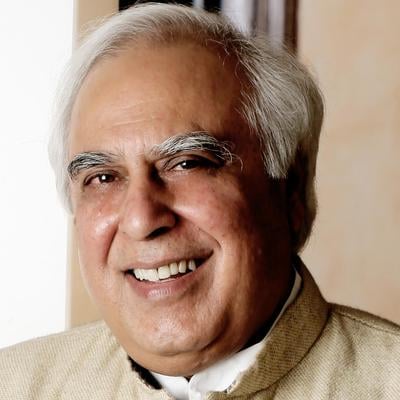Senior Advocate Kapil Sibal has said that the essence of a representative democracy was compromised when Parliament became the sole spokesperson for a region’s wishes, disregarding the constitutional requirement to consider the views of the state.
Representing National Conference MP Mohammed Akbar Lone before the Constitution Bench of the Supreme Court hearing a batch of petitions challenging the abrogation of Article 370 in Jammu and Kashmir, the Senior Counsel questioned the constitutional validity of converting the State of Jammu and Kashmir into a Union Territory (UT).
Continuing his arguments on Day 3, Sibal pointed out that substituting the term “Union Territory” for “state” in relevant constitutional clauses would render the provisions contrary to democratic norms.
Lone has challenged the Constitution (Application to Jammu and Kashmir) Order, 2019 issued by the President of India on August 6, 2019, by which the special status of Jammu and Kashmir was stripped off.
The MP has further challenged the J&K Reorganisation Act 2019, which bifurcated the erstwhile state into Union Territories of J&K and Ladakh.
As per Sibal, the exercise of ‘majoritarian power’ to alter the character of J&K had grave implications for the constitutional values of federalism, separation of powers and democracy.
He said while Article 3 of the Indian Constitution provided for the reorganisation of a state, it did not extend to erasing the fundamental character of a state by converting the whole of if into a UT. He added that the interaction of values of the Constitution of federalism, separation of powers and democracy has to be taken into account.
The Senior Counsel contended that this would run counter to the principles of a representative form of government and the basic tenets of a constitutional democracy.
He further questioned whether the power vested in the Union government could be utilised to downgrade a state into a UT without the necessary consultation with the people of that region.
Expressing concern that this exercise of power without proper consultation and consideration of the people’s views could undermine the democratic process and the principles of representative governance, Sibal said the constitutional parameters need to be applied on this momentous change brought by the exercise of majoritarian power.
The Senior Advocate further questioned the potential implications of this approach if extended to other states within the country. He said that such a precedent could pave the way for the arbitrary conversion of other states into Union Territories, eroding the foundation of a representative form of the government, adding that tomorrow, a state like Madhya Pradesh or any other state could be converted into a Union Territory.


